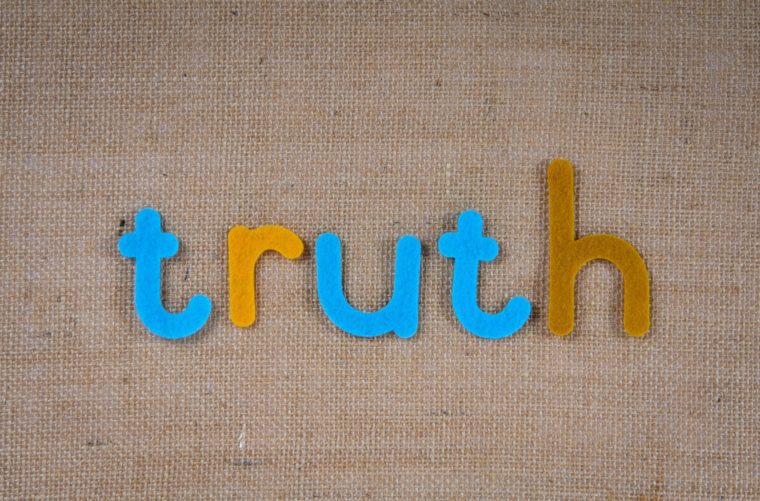When you were a child, your mom or dad certainly advised you to always tell the truth. Though honesty is often the best path, there are people who believe that there are times when a little dishonesty makes sense.

So, your second grader has a sea of strengths. She is a “big-picture” thinker and astute problem solver for her age, but she cannot remember the sounds of the letters in words when reading, she still says pasghetti for spaghetti, and cannot identify the words that rhyme in Humpty Dumpty.
In an ideal world, you’d only want to speak when your words are honest, kind, and helpful. Many times, the truth isn’t kind. What should you do? Do you tell your daughter that she’s lazy, unfocused, and dumb? Would it be fitting to tell her that you don’t think she could ever complete school at the rate she’s learning?
Her teacher and classmates are already bombarding her with hurtful labels. Would telling the truth about her struggles be helpful even if it is painful? Life isn’t always cut and dry when it comes to honesty. What then is the best policy?
Consider your options before speaking:
- Ask yourself how you will feel afterwards. Will you feel better or worse? Look ahead and determine if you’ll regret your honesty or lack of honesty. We’ve all said things without thinking that we later regret. Consider the long-term, too.
- Consider how your child will feel. When you’re done speaking, will she be in a better place? What is the most likely outcome for her after you’ve said your truth? It might feel right to highlight her failures in the hope of motivating her to put more effort into learning, but there’s eventually a price to be paid for making your child unhappy and instilling a feeling of inadequacy.
- If your words are helpful, you’re probably okay. If you speak about her weaknesses but highlight her strengths and let her know that her weaknesses do not define her, you will be laying a brick in the foundation for her future success in life. She will be inspired to keep doing her best.
- Being self-indulgent is often an excuse to be honest and unkind. When you compare how your friends’ children are performing in school, you may feel the need to compare your child with theirs. Ensure that you’re not saying something hurtful just to relieve your embarrassment and sense of bad parenting.
- You probably don’t want to run around lying to your child to lift her spirits but telling the “truth” from your or her teacher’s perspective 100% of the time is a poor choice, too.
We all lie. University studies have consistently shown that the average person lies 2-3 times in a 10-minute conversation. Depending on how much you speak each day, that’s many lies.
Observe your conversations with your dyslexic child over the next week and notice how many times you lie. Notice what you choose to lie about and ask yourself what would have happened if you had been truthful in a kind and empowering way.
The importance of honesty has been debated for thousands of years. It’s a challenging subject with many varying opinions. Based on how it is done, complete honesty has the potential to harm your children for life and damage your long-term relationship.
Today, July 7, is “Tell the Truth” day. How will you consider the impact your words will have on your child, before opening your mouth for the rest of this week?

Truly agree with your post…and I do chose to keep quiet when the truth can hurt
You are wise in that decision, Vidya. Thanks for commenting.